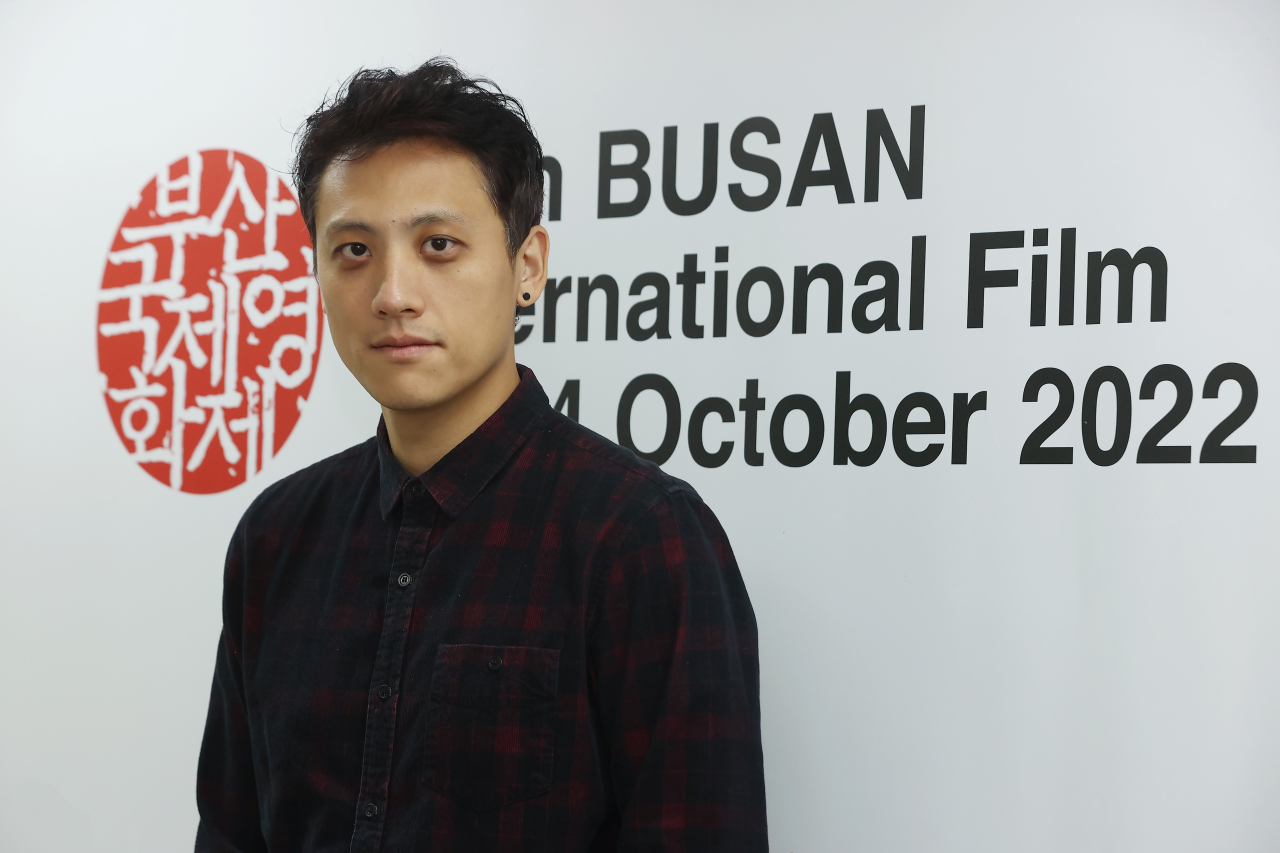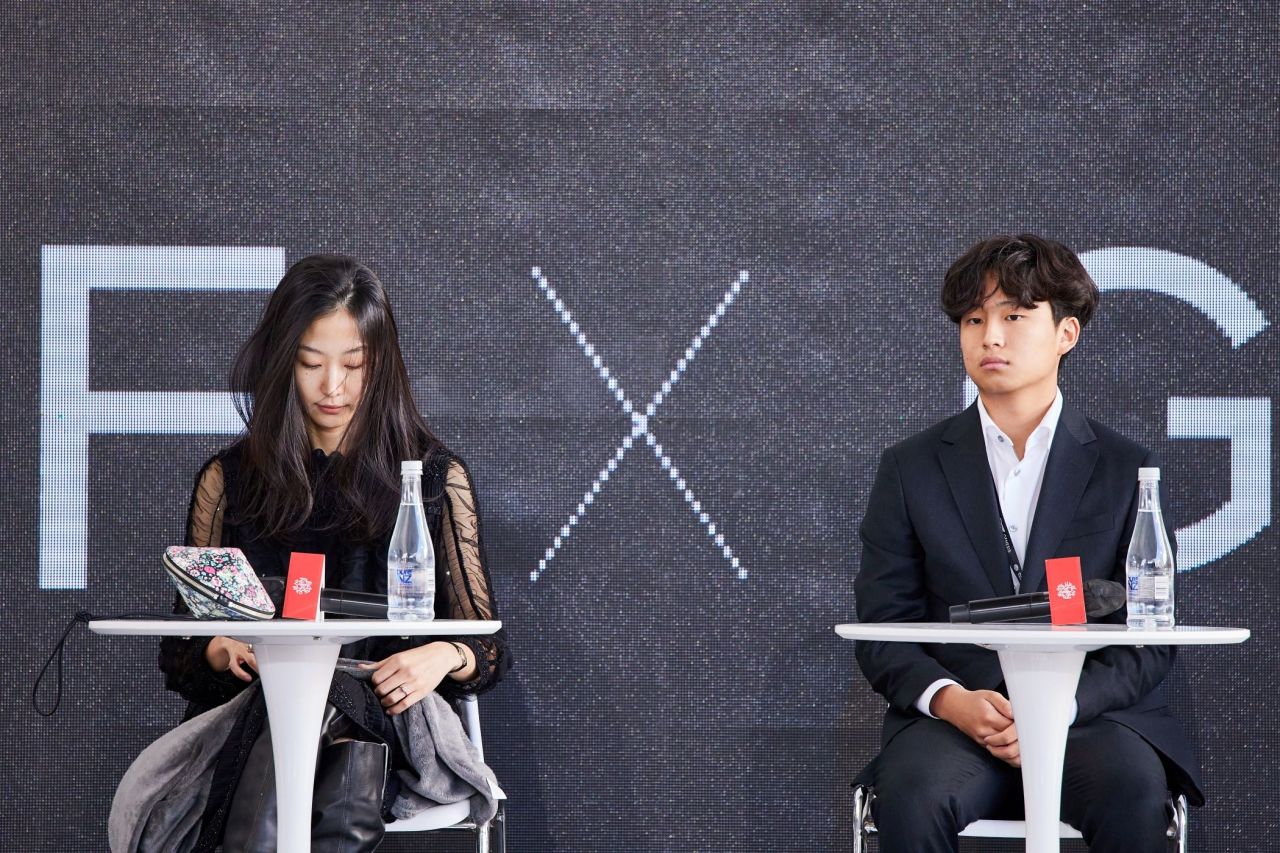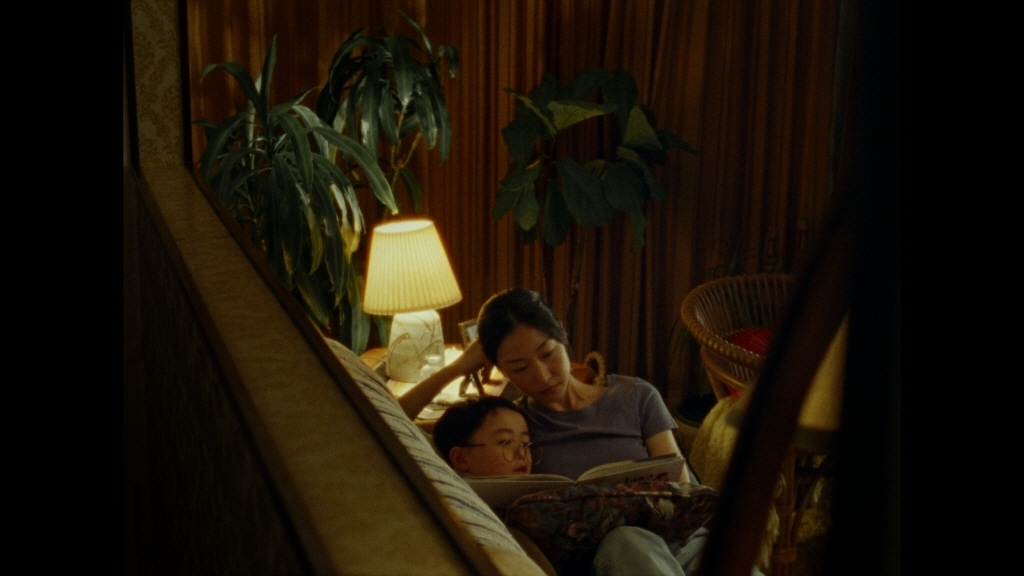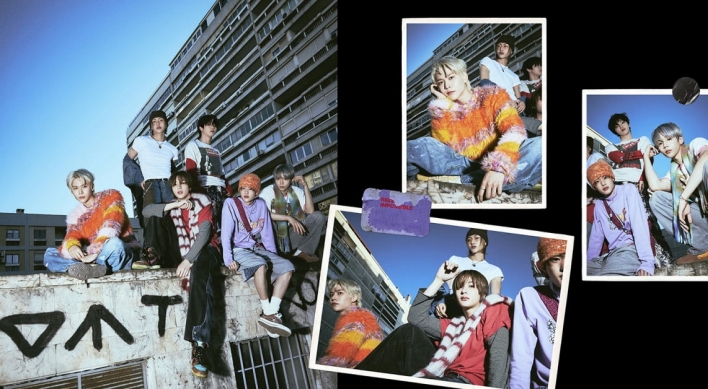[Herald Interview] ‘Riceboy Sleeps’ is not similar to ‘Minari’: director Anthony Shim
By Song Seung-hyunPublished : Oct. 11, 2022 - 16:20

“Riceboy Sleeps” by director Anthony Shim is being hailed as the next “Minari,” a multiple-award winning drama film directed by Lee Isaac Chung. But Anthony Shim, who directed “Riceboy Sleeps” says that the two films are not alike.
In an interview with The Korea Herald on Sunday, also attended by two the film’s two leading actors, Choi Seung-yoon and Ethan Hwang, Shim said that the comparisons between the two films helps explain his film more easily to people.
The two films are often talked about together in the media, as they both feature the struggles of a Korean immigrant family in North America.

“Apart from the fact that there are Koreans in the film, there is not much similarity (in the stories),” Shim said. “Both films have kids, but if my movie starred white actors, people would not have compared the two.”
“I just worry a little, because some people might have some prejudices after just reading the headlines of articles about our film. It is a completely different film,” actor Choi said.
The director also highlighted that he did not create the film because Korean immigrant stories are popular, adding that he refuses to let stories about Korean Americans or Korean Canadians just be a fad.
“It is important that we are a community that continues to produce really great content -- not only with movies and TV shows, but with music, art, food and fashion,” he said. “So that it's not just about a ‘boom of Korean stuff.’ No, we're part of the industry now.”
Shim’s semi-autobiographical film centers around So-young, a Korean single mother and her son Dong-hyun, in Vancouver, Canada in the 1990s. In the foreign country, So-young and her son have to overcome constant racial and cultural challenges that they face. As Dong-hyun gets older, he becomes curious about his Korean heritage, and in particular, about his late father – a topic that So-young refuses to discuss.
The director said he got the confidence to make a movie based on his personal story while watching director Bong Joon-ho’s acceptance speech at the Oscars in 2020.
“During his speech, he quoted Martin Scorsese and said ‘the most personal is the most creative.’ I thought that was true and decided to make it as personal as possible,” Shim said.
To embody a 1990s vibe, "Riceboy Sleeps" was shot using 16 mm film.
The director said that both the staff and actors were able to have greater focus because shooting with analog film limited the number of takes.
“When I say ‘action’ and the film rolls, not only actors, but also the staff all had to focus fully,” he said.
He also talked about why he presented his 16 mm footage in two aspect ratios -- 1.78:1 for sequences in Korea and 1.33:1 for sequences in Canada.
“Although Canada is a big country and their houses are big, I wanted to show that they (So-young and Dong-hyun) feel isolated. By contrast, when they come to Korea, although the country is comparably small and their grandparents’ home is very small—we could not even set up our camera in there -- it feels spacious with wider aspect ratio,” the director said
During the interview, dancer-turned-first-time actor Choi talked about what it was like to star in the movie.
Choi took part in the Busan International Film Festival in 2019 as the director of “I By You By Everybody, a documentary about dancers in Korea. That was when casting director Su Kim proposed he pursue an acting career, which Choi declined at first. Kim kept persuading Choi to audition for different parts, and the Korean actor ended up only auditioning for “Riceboy Sleeps” because she did not think that she would get the role.
“I had worries about being a lead actor in a film shot outside of Korea. But once we started the project, all my worries were gone because we rehearsed a lot. Through that process I was able to open myself to performing freely as an actor,” Choi said.
Actor Hwang, who was born in 2004, said although he does not know much about the 1990s, the script felt authentic after seeing his father -- who moved to North America as a child -- connect with the story. Hwang then decided to audition for the role.
“(My dad) said, ‘You should really take this. (The director)'s really putting himself out there for this,’” Hwang said, recalling his father’s reaction to the script.
As an Asian Canadian actor, he also shared his thoughts on the representation of Asian characters.
“I remember this one role, it was for a kids' show and they sent me to an audition and they wanted an East Asian character and the character’s name was ‘Noodles.’ And I was like ‘What?’,” Hwang said. “I was shocked because someone fully wrote that in and it got past all these people.”

The Canadian actor said such experiences made him realize the importance of him playing proper Asian roles in mainstream media.
“When I was younger, I didn't really notice all the ignorance in Canada. I didn't really notice how people saw me who chose to be my fan because I am Asian or Korean. I think I become a little more sensitive to it,” he said.
"Riceboy Sleeps" was invited to 27th BIFF's Flash Forward section.
The BIFF, which began on Oct. 5, runs through Friday.
-
Articles by Song Seung-hyun






![[New faces of Assembly] Architect behind ‘audacious initiative’ believes in denuclearized North Korea](http://res.heraldm.com/phpwas/restmb_idxmake.php?idx=644&simg=/content/image/2024/05/01/20240501050627_0.jpg&u=20240502093000)












![[Today’s K-pop] Sunmi to drop single next month](http://res.heraldm.com/phpwas/restmb_idxmake.php?idx=642&simg=/content/image/2024/05/03/20240503050545_0.jpg&u=)